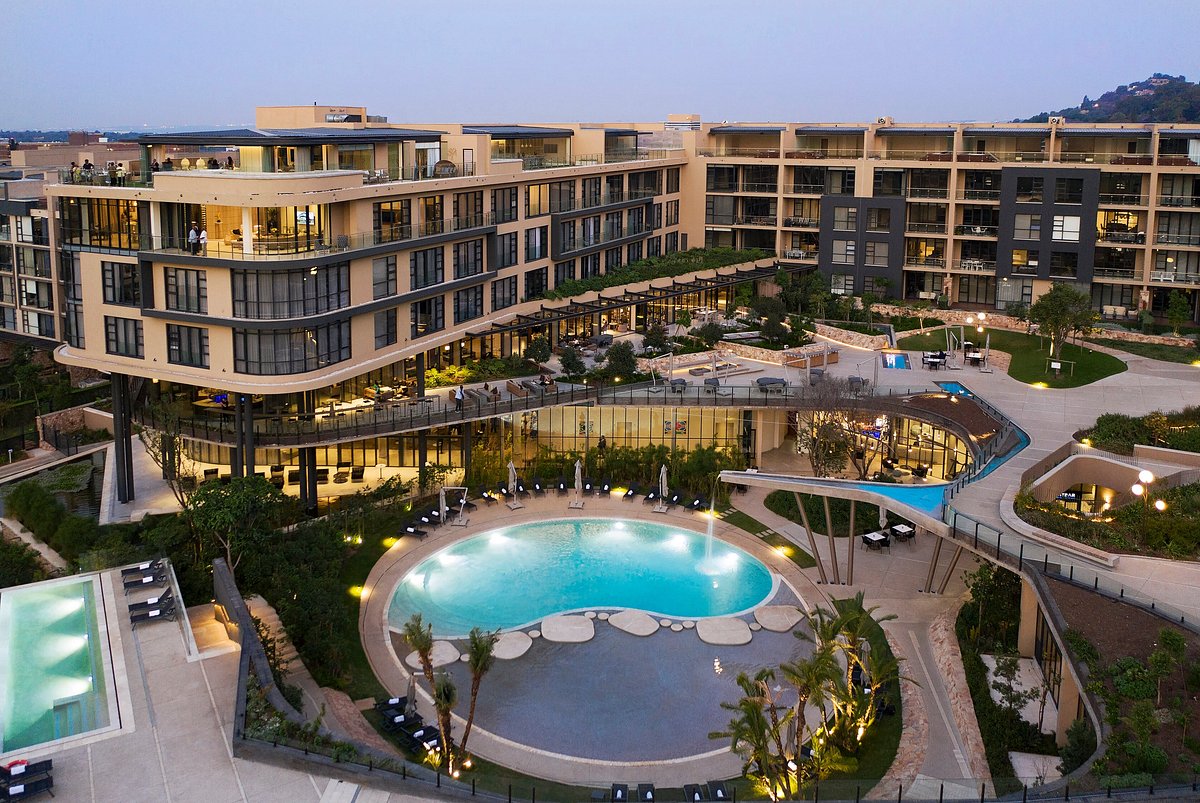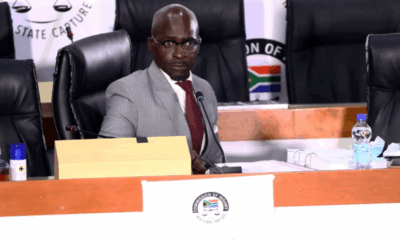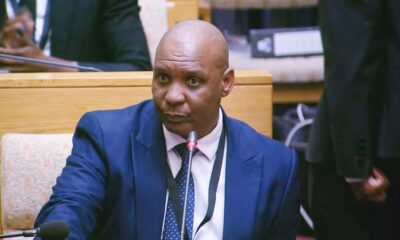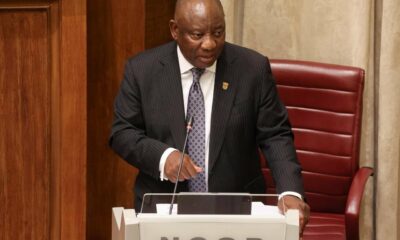Best of Johannesburg
Who Pays for Politicians’ Luxury Hotels? South Africa’s 2025 Debate Explained

In a climate of tight budgets and austerity messages, the question of how government officials stay abroad has become a headline issue in South Africa. When a politician checks into a luxury hotel using public funds, should you see the bill? And when the stay is personal, should you know nothing? It’s complicated.
Official travel means transparency
If a politician travels for official state business, attending summits, representing the country abroad, or carrying out duties on behalf of the state, many of the details become public record. South Africa’s Promotion of Access to Information Act, Act 2 of 2000 (PAIA), allows citizens and media to request state-held records, including travel and accommodation costs, when taxpayer money is involved.
For example, from July 2024, a series of parliamentary replies revealed ministers and deputy ministers spent at least R202.5 million on travel in under a year.
In June 2025, it was reported that one four-night delegation to Japan incurred over R900 000 just for accommodation, an example widely cited, though not confirmed down to every line item.
Personal stays may remain private
Crossover happens when an official is travelling for personal purposes and uses their own funds. If a politician pays privately for their hotel stay, with no link to official duties, the stay is normally considered private. That means the public does not have the same right to every detail.
However, if public funds or benefits from the stay were involved, if a hotel is owned by a contractor to the state, for example, or if the purpose of travel is under question, the lines blur and transparency demands kick in.
Balance with security and ethical obligations
In South Africa, some hotel stays may be withheld from public view for legitimate security reasons. When high-level officials travel, especially in diplomatic or sensitive environments, the government may cite operational needs for not disclosing the exact hotel or room number.
At the same time, the private interest of the official is protected under the Protection of Personal Information Act, 2013 (POPIA). That means certain personal details, like names of accompanying non-official persons, for example, can be withheld even when the overarching travel is public.
Why the debate matters now
South Africans have watched the numbers closely in 2025. The reported spending is happening during a time of service cuts, rising cost of living, and calls for reduced executive privileges. When ordinary citizens face tough choices, the optics of high-cost hotel stays by politicians cause public frustration.
The real question is not only whether a stay is private or public, but whether it is justifiable. If the official stay is necessary, well-documented, and consistent with policy, then transparency helps build trust. If it appears excessive, unexplained, or misaligned with the public role of the traveller, then accountability must follow.
What to look out for
-
Was the travel officially mandated and paid for by the state?
-
Do published records or disclosure replies show how much was spent on accommodation and for whom?
-
Is there any indication of a hotel owner or company linked to government contracts or lobbying?
-
Are reasons given for why particular accommodation levels were chosen?
-
Are any parts of the stay withheld, and if so, is a plausible security or privacy reason provided?
A fresh angle from a South African lens
In a country where many citizens are still waiting for improved public services, a hotel stay by a minister becomes more than just a line of expenditure. It becomes a measure of how seriously the state treats the trust placed in it.
When executive travel becomes opaque, it weakens that trust. When officials stay in high-end hotels using the public purse without a clear explanation, it raises ethical questions. The luxury lodging itself is less the issue than whether the rules were applied, the cost was justified, and the operation was transparent.
Final word
In South Africa in 2025, the distinction between public and private when it comes to politician hotel stays is well-defined in law but messy in practice. When public funds are used for government business, the public has a right to know where the money goes. When stays are genuinely personal and privately funded, the official’s right to privacy should stand.
What South Africans are demanding now is clarity, not ambiguity; accountability, not assumption. Good governance rests on both visibility and integrity.
Also read: Think Incognito Keeps You Hidden? Here’s What Your ISP Still Sees in South Africa 2025
Follow Joburg ETC on Facebook, Twitter, TikT
For more News in Johannesburg, visit joburgetc.com
Featured Image: Tripadvisor



























